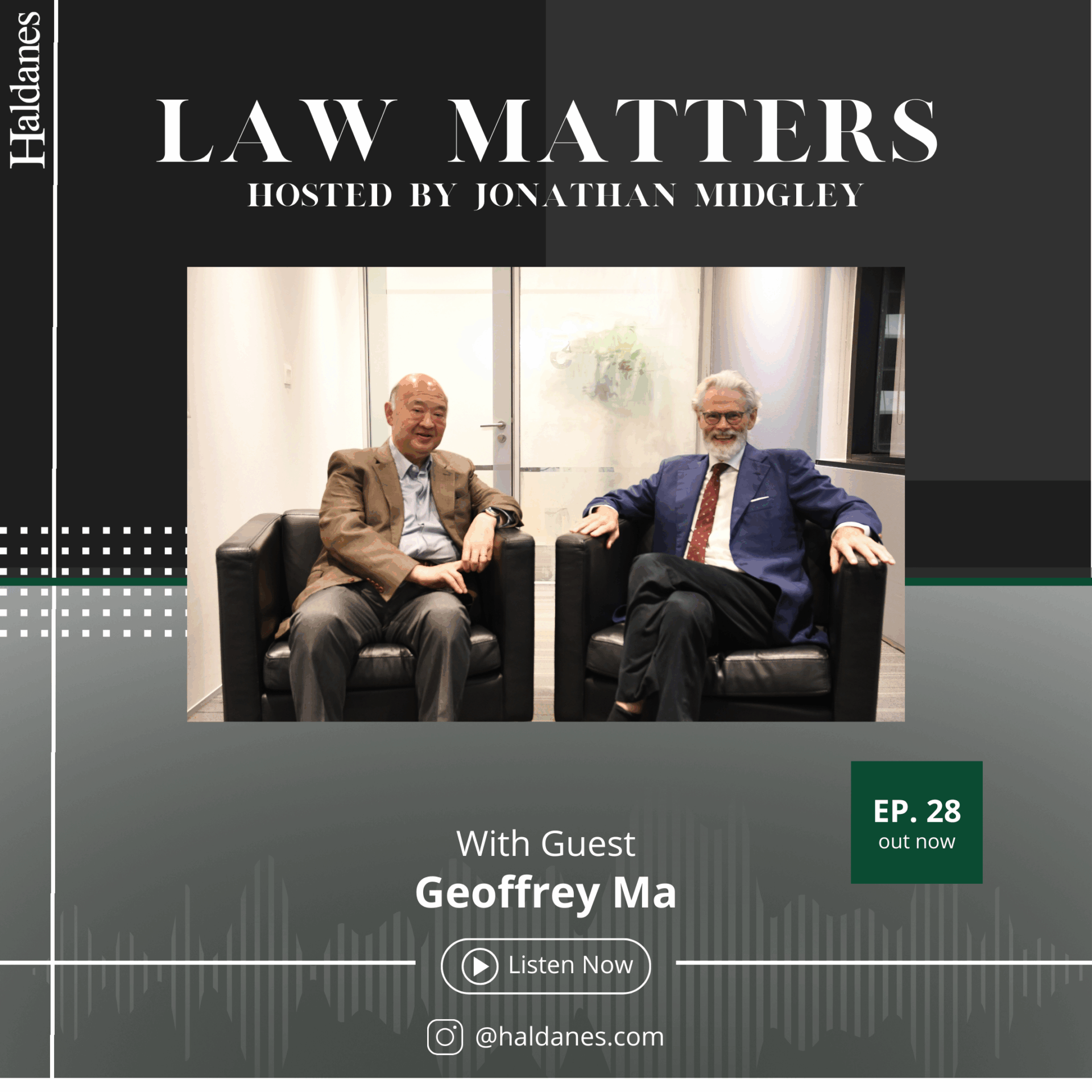The Empire Strikes Back – Disney & Universal v Midjourney

At long last, Hollywood has thrown its hat into the generative AI lawsuit ring.
Disney (together with its subsidiaries Marvel, Lucasfilm, Twentieth Century Fox) joined forces earlier this month with Universal Studios (together with its subsidiary DreamWorks) to bring a copyright infringement lawsuit against AI image generation start-up Midjourney at the US District Court of the Central District of California, representing possibly the highest profile AI lawsuit to date.
The Plaintiffs require no introduction: they are the two largest film studios in the United States, owning the rights to some of the largest franchises in the business, like Star Wars, the Marvel Cinematic Universe, Snow White, Toy Story, Lion King, Frozen, the Simpsons, Lilo and Stitch, Shrek, Despicable Me, How to Train Your Dragon, Kung Fu Panda, and Boss Baby.
The Defendant is an independent generative AI start-up founded in 2021, with a focus on AI image generation.
It launched its paid subscription-based image generation service Midjourney in 2022, first through its Discord server and later at midjourney.com. Unlike most AI startups, Midjourney proclaims itself to be entirely independent and self-funded, famously rejecting any venture capital investment.
It reportedly only operates with a 40-strong team and only has 11 full time employees. Midjourney has since become one of the most popular AI image generation tools, with reportedly over 21 million subscribers worldwide and ostensibly generating US$200 million in 2023 and US$300 million in 2024.
In a 109-page complaint filled with alleged infringing imagery outputs generated by Midjourney (example below), Disney and Universal accuse Midjourney of being “the quintessential copyright free-rider and a bottomless pit of plagiarism”.



(Extracted from the Complaint, available as of 17 June 2025 at https://s3.documentcloud.org/documents/25972151/disneynbcu-v-midjourney.pdf)
Disney and Universal accuse Midjourney of:-
- copying and using their copyrighted work to train and develop Midjourney’s AI image generation tools;
- training its AI image generation tools to “help ensure that it is able to reproduce, publicly display, and distribute faithful, high-quality copies and derivative works of the works it trained on”;
- using its AI image generation tools to generate, reproduce, publicly display and distribute “unlimited “copies” of Plaintiffs’ works”;
- failing to implement copyright protection measures to prevent or limit infringing outputs.
In essence, Disney and Universal claim copyright infringement both in regard to Midjourney’s training inputs (using Disney’s and Universal’s copyrighted images to train its AI tools) and generated output (its AI-generated imagery infringe the copyright of Disney’s and Universal’s works).
They claim damages, request an accounting of Midjourney’s profit (i.e. Midjourney would be required to disgorge to Disney and Universal any profits it generated by its infringement) as well as injunctive relief.
Disney’s and Universal’s claims are largely the same as those made by other plaintiffs (such as Thomson Reuters, New York Times, Concord Music Group, the Authors Guild) in prior AI copyright litigation in the US, though it’s worth noting Disney and Universal place a much stronger emphasis on output-side infringement rather than input-side.
In terms of law there is nothing ground-breaking in this lawsuit.
Its significance perhaps lies in the fact it is the very first time industry heavyweights have joined the fray and may also signal an acknowledgement that the issue of AI affects the entire entertainment industry.
It is perhaps also not a coincidence that Disney and Universal chose to target Midjourney, a significant but relatively small (and most importantly less capitalized) player in the AI industry, rather than deep-pocketed industry leaders such as Microsoft, Alphabet/Google, Meta/Facebook or OpenAI.
Disney and Universal may feel this is the target least likely to put up a stiff fight, and perhaps the one most likely to be amenable to a settlement favourable to Hollywood. Also, they may believe going after a smaller AI startup is less likely to endanger potential licensing deals with bigger AI players.
Twenty-six years ago, Napster and its resulting lawsuits forced the music industry into the digital age, eventually paving the way for today’s digital storefront and digital streaming model.
Will AI have its “Napster moment” in 2025/2026?


